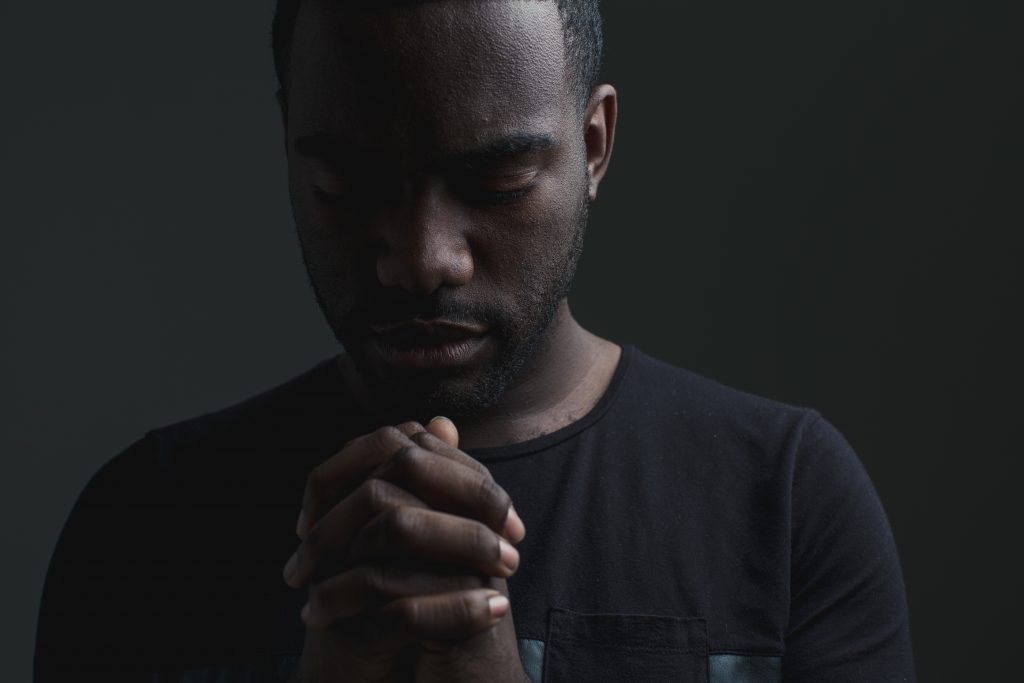Changing Your Sermon on Saturday?
How relevant to the world around us must we be in worship and sermons? The church I attended yesterday did not address the national and political news of the past week (at least during their worship service). Many pastors took this approach. There were many other pastors who completely rewrote sermons on Saturday afternoon this week.
Sermons and worship planning must be contextualized. Worship has to fit the context of the people and community that we serve. Of course, contextualization of worship planning and relevancy can seem to come on a whim, a very dangerous one in which worship always reflects the leader’s preferences and desires. So as we all wrestle with how relevant to be, how much to rewrite our messages on Saturday, and how much to change longstanding traditions in our churches, let me offer some considerations to guide decision-making.
- Prayer and Inclusion: We must start with prayer and include our worship teams in our process. Our context is about the people we serve rather than our individual preferences and desires.
- Language: Can people understand the true meaning of the words of worship? Throughout history, major movements of God have followed after the Word of God is communicated in a language that all people could understand. With the global and digital revolutions that are currently happening, we must again evaluate the language of our context and speak in a way which all people can be reached by the Word of God.
- Liturgy: How are we inviting our communities to participate in worship? Throughout history, the church has identified four major movements of worship: The people gather. God speaks. The people respond. God sends them forth with a call to action. To plan worship that connects with our communities, we must consider how we expect people to act and interact with God when we gather.
- Souls: Worship that connects real people with God must consider how our people are doing. This is impacted not only by national and global events, but also events happening in our families and communities. One prominent worship designer asks the question, what is the “felt need” of a sermon, service, or worship series? As leaders, we must have the temperature of what is going on in our community and transfer it into how we gather together to worship.
We no longer live in a world where we can take a cookie-cutter approach to church or worship planning. We are being called to improve our discernment skills and ability to dance in anxiety, tension and uncertainty. We do have some important tools to help us navigate this liminal time. What is the language of our community? What liturgy brings this community alive in worship? How is it with our souls and how does that influence our worship?
I am grateful for our pastors, worship committees, ministers of music, and others who are wrestling with this in our churches. My prayers are with you. May you have rich conversations of discernment, and my God give you courage and boldness to decide and move forward with expressions of worship that connect in relevant ways with your context.
I also wonder, how do you make some of these important decisions in your worship planning?


Drew, Thank you for taking time to share your thoughts about this topic. Prayer and asking God to reveal what God wants us to share with a particular congregation in a particular context is paramount for any preacher. If I follow what I think you are saying, then the congregation holds it’s own vision of what it wants to hear and that may be at odds with what God wants or the congregation needs to hear. Certainly, we should be cautious when tempted to alter a message at the last minute. And, if we believe God is still speaking, there may be times that we can and should do just that.
I had an experience where I planned to speak on one scripture and I woke up that morning and the Spirit said “no, the message is to be on this scripture (in a funeral setting.) I sat down and rewrote my message on the new passage. Another pastor was also speaking that day. Although I was officiating, when I met the pastor and asked what she would be speaking about, it was the exact same passage. I believe that was God-ordered confirmation and I allowed her to give the message that day, and I told the congregation why.
The Rev. Harry Emerson Fosdick, 1st pastor of the Riverside Church in NYC, said that preachers should walk with the bible in one hand and the newspaper in the other. I happen to believe that for God’s word to be alive, preachers need to do just that. Sometimes, it puts us at odds with the congregation, but then I also don’t believe a shepherd is supposed to be a best friend.
Hillary, thanks! I believe that God is still speaking and we can be called to change our message. I also believe that the Spirit can move throughout the planning and initial writing process. I was also referring to the need to change the message based on current and world events. These are some of the guidelines I use for myself when I’m going to make major changes to a finished message, whether the community needs to hear something different or the church must address something current going on in the world. I love the “preach with the Bible in one hand and the newspaper in the other” quote, and agree with it as long as we consider that few people no longer read the newspaper, so we need other methods to be in touch with the world around us. Thanks for sharing!
You must be a millennial: I stand corrected “preach with the Bible in one hand and the real news in the other.” lol Peace!